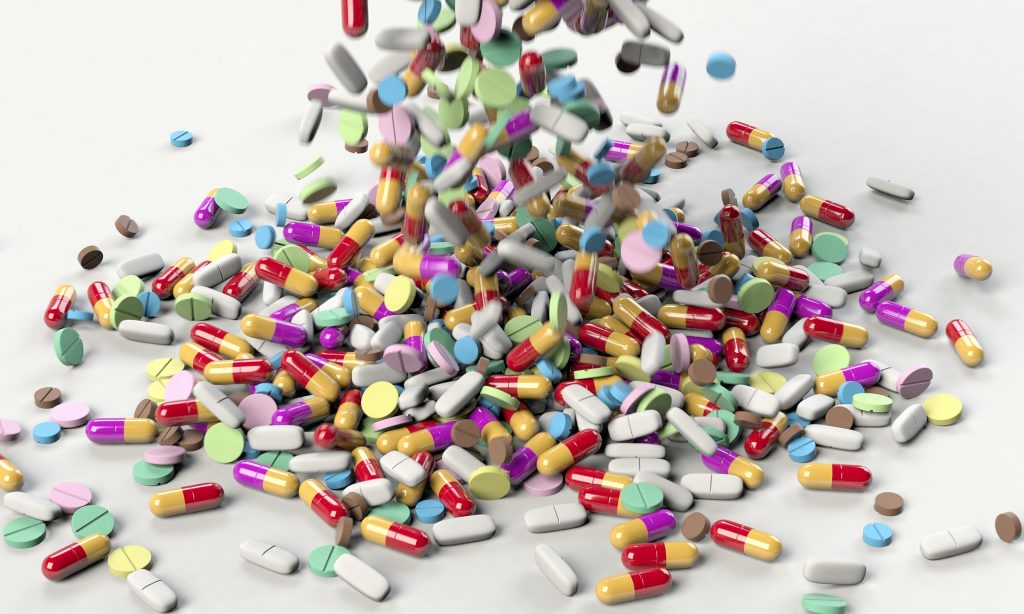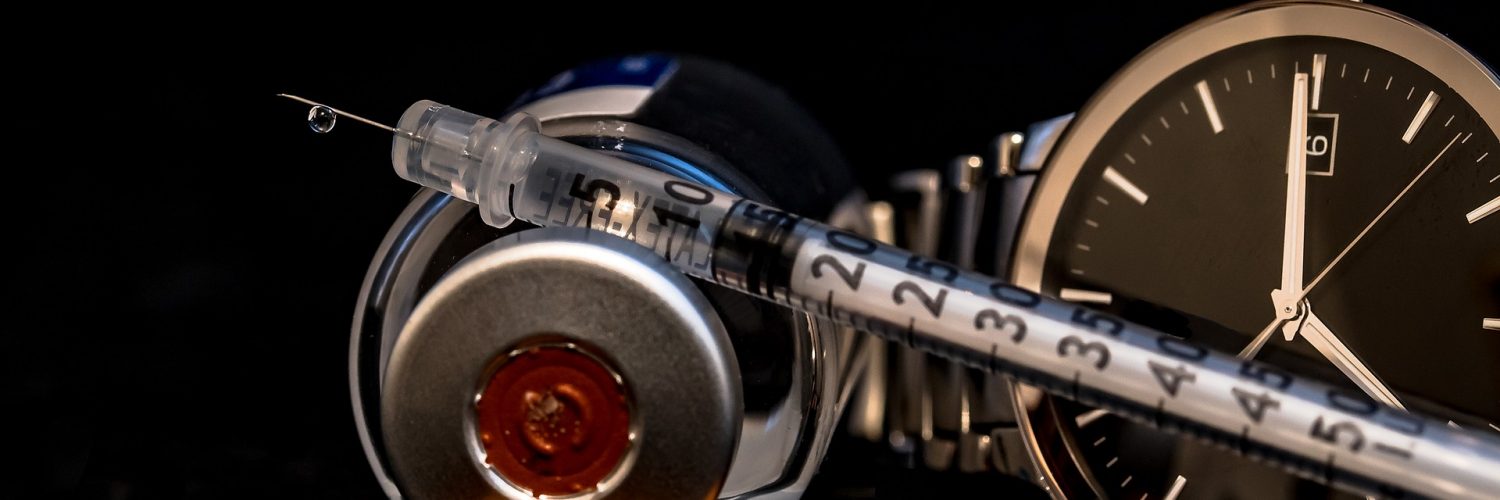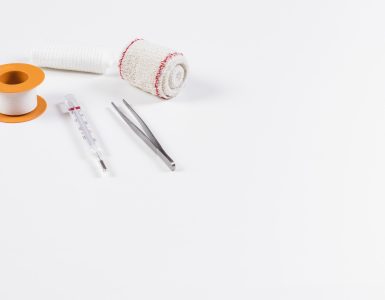
Non adherence to medicines reduces the effectiveness of the prescribed medicine and prescriber may be misled to change or intensify the treatment unnecessarily which is going to be more dangerous. The appropriate timing of administration of medicine increase the adherence to medicines while improving the quality of the treatment specially for the patient with chronic diseases.1 The appropriate time is related with taking medicines with or without a meal and any other specific time to take the medicine in related to a particular medicine.
Food and its constituents have considerable influence on rate and extent of absorption of drugs after oral administration. The influence is depend on type of the food, therapeutic effects, pharmacokinetic properties of the drug and in significantly improving patient tolerance by reducing gastrointestinal irritations.1 If the drug absorption is diminished by the medicine with various mechanisms like chelation, poor acid stability, adsorption that medicine should be taken at least 30 minutes before the meals.1 Poor acid stable medicines could be destroyed by exposing to gastric acid and it may reduce the bioavailability of the medicines. Formation of insoluble chelates between calcium and other cations in the food and medicine like bisphosphonates can impair the optimum absorption of the medicine.2More importantly levothyroxine should be taken 30–60 minutes before the breakfast. 3
Contrarily if drug absorption is enhanced by the food, that particular medicine can be taken before or after meals within 30 minutes. Mechanisms like acid dependency, fat enhanced drug dissolution increase the bioavailability of some medicines. The absorption of poorly water soluble drugs like saquinavir, is enhanced by giving fat content food by increasing bile content in the duodenum to increase the dissolution of the medicine efficiently. Additionally, absorption of medicines like ketoconazole is enhanced by acidic environment. To minimize the gastrointestinal side effects like nausea, vomiting the medicines like azathioprine, corticosteroids are given with or just after meal. Non-steroidal anti-inflammatory drugs (NSAIDs) are generally taken with food to minimize gastrointestinal side effects. Additionally, therapeutic effects of some medicines like Phosphate binders are affected by the food. Thus, phosphate binders are always given with food to decrease the absorption of phosphates. 1 As well the medicine like sulphonylureas are given with food to decrease the risk of hyperglycemia. In the few instances, the medicines like erythromycin, roxithromycin diminish the absorption with food, but they may be taken with food to tolerate against gastrointestinal side effects.
There are particular drugs which should be taken in a specific time to minimize the unwanted side effects and to relate the circadian rhythms of the human body. Specially Chronotherapy studies elucidate the direction of evening or morning doses on clinical outcomes
Antibiotics are one of the specific drugs which should be taken with considering about the severity of the disease, pharmacokinetic and pharmacodynamics properties of that particular antibiotic. Most of the antibiotics can be taken with food but there are exceptions too. Due to high risk of sedation, antidepressants which are commonly used for neuropathic pain should be taken at bedtime. To mimic the circadian rhythms of cortisol production in the human body, corticosteroids are taken at night which is going to reduce adrenocortical suppression. Most of the antihypertensive drugs including ACE-inhibitors, angiotensin receptor blockers are recommended to take as nocturnal dose. Nevertheless there are exceptions like diuretics which should be taken in the morning.4 According to chronotherapeutic studies statins are also administrated in related to the circadian rhythms of the human body. Short acting statins like simvastatin are recommend to take at night whereas long acting statins like atorvastatin and rosuvastatin may be taken at any time.4 Regarding with proton pump inhibitors, the treatment is started with once-daily dosing 30–60 minutes before a meal because the highest efficacy being seen when its concentrations are maximal at the time of a meal.5
Out of several medicines have specific time to take and that medicines may have maximum efficiency if only they are taken at the proper time. Inappropriate timing may cause unwanted side effects and the therapeutic effects may be worsened. Additionally, some medicines are correlated with meals to increase the adherence to medicines. Nevertheless the chemistry of the medicine is not only the factor that determine the appropriate time of taking medicines. There should be a coordination between the patient preference in related to the daily routing and the proper timing of the medicine. Thus with proper comprehension between the patient preference and the appropriate time, the therapeutic outcome of the medicine can be optimized.
References
1. Grannell, L., When should I take my medicines? Australian Prescriber 2019, 42 (3), 86-89.
2. McLachlan, A.; Ramzan, I., Meals and medicines. Aust Prescr 2006, 29 (2), 40-42.
3. Roberts, G. W., Taking care of thyroxine. Aust Prescr 2004, 27 (3), 75-76.
4. Kaur, G.; Phillips, C. L.; Wong, K.; McLachlan, A. J.; Saini, B., Timing of Administration: For Commonly-Prescribed Medicines in Australia. Pharmaceutics 2016, 8 (2), 13.
5. Keung, C.; Hebbard, G., The management of gastro-oesophageal reflux disease. Australian prescriber 2016, 39 (1), 6.
Author
I.K.R.S.S. Ilesinghe
B.Sc. Pharmacy (Hons) – University of Colombo.






Ⲕeep on writіng, greаt ϳob!
Great content.